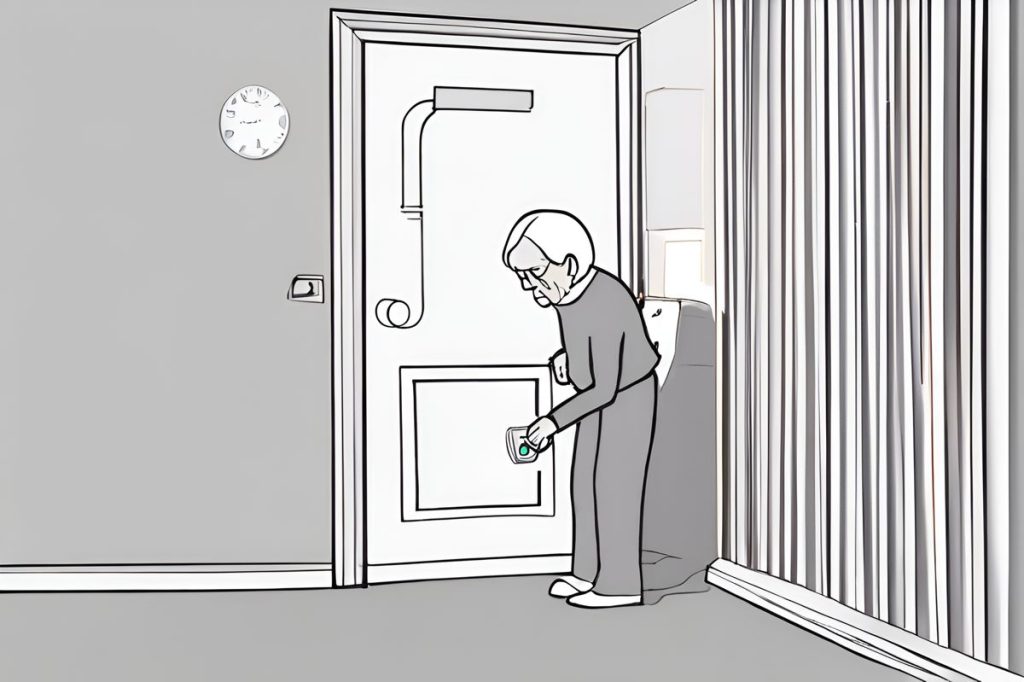Urgent action is needed to address the challenges facing the elderly population, including providing electricity subsidies for home temperature management, increasing specialized healthcare facilities, and implementing emergency support systems. Advocacy groups are calling for a dedicated deputy ministry focused on elderly affairs as the aging population continues to grow and face ongoing issues with healthcare, technology, and social welfare.
What urgent measures are suggested to improve elderly care?
- Extend electricity subsidies to manage home temperatures efficiently.
- Increase healthcare infrastructure with specialized elderly care facilities.
- Implement ‘red button’ emergency bracelets for in-home elderly support.
- Address the digital divide by offering tech assistance through helplines or dedicated offices.
- Advocate for establishing a deputy ministry focused on elderly affairs.
The Plight of the Elderly in Heat and Cold
The predicament of pensioners, oftentimes overshadowed, has been thrust into the spotlight due to the tragic heatstroke fatalities among the elderly. Despite the fact that cold weather poses a ninefold greater risk to the elderly—as reported by The Lancet in 2021—such instances seldom make headlines. Advocacy groups for the elderly have been vocal about the prohibitive costs of maintaining comfortable home temperatures, despite extended electricity subsidies. It’s a glaring reminder that the welfare of our seniors needs more attention.
The challenge extends to healthcare infrastructure as highlighted by the Health Insurance Organisation (HIO). With a dearth of specialized care facilities, elderly patients frequently occupy hospital beds for far longer than medically necessary. This leads to a bottleneck effect, where the treatment of incoming patients is delayed and healthcare efficiency is compromised.
Hospital Bed Overcrowding and Infrastructure Shortfalls
Overflowing hospitals signal a pressing issue. When the elderly or their kin prefer the safety and comfort of a hospital over inadequate home care, it spells out a systemic failure. Though plans for ‘red button’ emergency bracelets were proposed back in 2019, implementation has stalled. Such innovations could offer a twofold benefit: empowering the elderly in their homes and alleviating hospital congestion.
The societal tendency to dismiss the needs of the elderly—attributing their issues to the inevitability of age and illness—is a grave oversight. The daily struggles encompass a spectrum from inadequate pensions and substandard care to transportation woes on an inefficient bus system. Furthermore, the steep cost of living and home care, coupled with an accelerating pace of technological change, leave many seniors helplessly behind.
The Digital Divide and Its Impact
Ombudswoman Maria Stylianou has aptly shed light on the ‘digital divide’. Elderly individuals, often not tech-savvy, face an uphill battle with deteriorating physical abilities like diminishing eyesight and arthritis. The complexity of information and ever-changing technology render government apps and devices practically unusable for them. The suggestion for a helpline or dedicated office for assisting with e-government forms is a step in the right direction to bridge this divide.
A Call for a Deputy Ministry for the Elderly
With the Third Age Observatory advocating for a deputy ministry focused on elderly affairs, the need for action is clear. As government data forecasts, the over 65 demographic will make up a significant portion of the population in the near future. By 2060, over half of the Cypriot population will be over the age of 65. The implications are significant, urging policymakers to act now to prepare for a future where elderly care is no longer on the sidelines but at the forefront of social policy planning.
What urgent measures are suggested to improve elderly care?
- Extend electricity subsidies to manage home temperatures efficiently.
- Increase healthcare infrastructure with specialized elderly care facilities.
- Implement ‘red button’ emergency bracelets for in-home elderly support.
- Address the digital divide by offering tech assistance through helplines or dedicated offices.
- Advocate for establishing a deputy ministry focused on elderly affairs.
What are some challenges faced by the elderly in terms of healthcare infrastructure?
The elderly face challenges due to a lack of specialized care facilities, leading to longer hospital stays than necessary. This overcrowding impacts healthcare efficiency and the timely treatment of patients.
What impact does the digital divide have on elderly individuals?
The digital divide leaves many elderly individuals struggling to navigate government apps and devices due to deteriorating physical abilities and lack of tech knowledge. The suggestion for a helpline or dedicated office for assistance aims to bridge this gap.
Why is a deputy ministry focused on elderly affairs necessary?
With the aging population growing rapidly, a deputy ministry focused on elderly affairs can ensure that the needs of seniors are adequately addressed in social policy planning. By 2060, over half of the Cypriot population will be over the age of 65, highlighting the urgency for proactive measures now.

